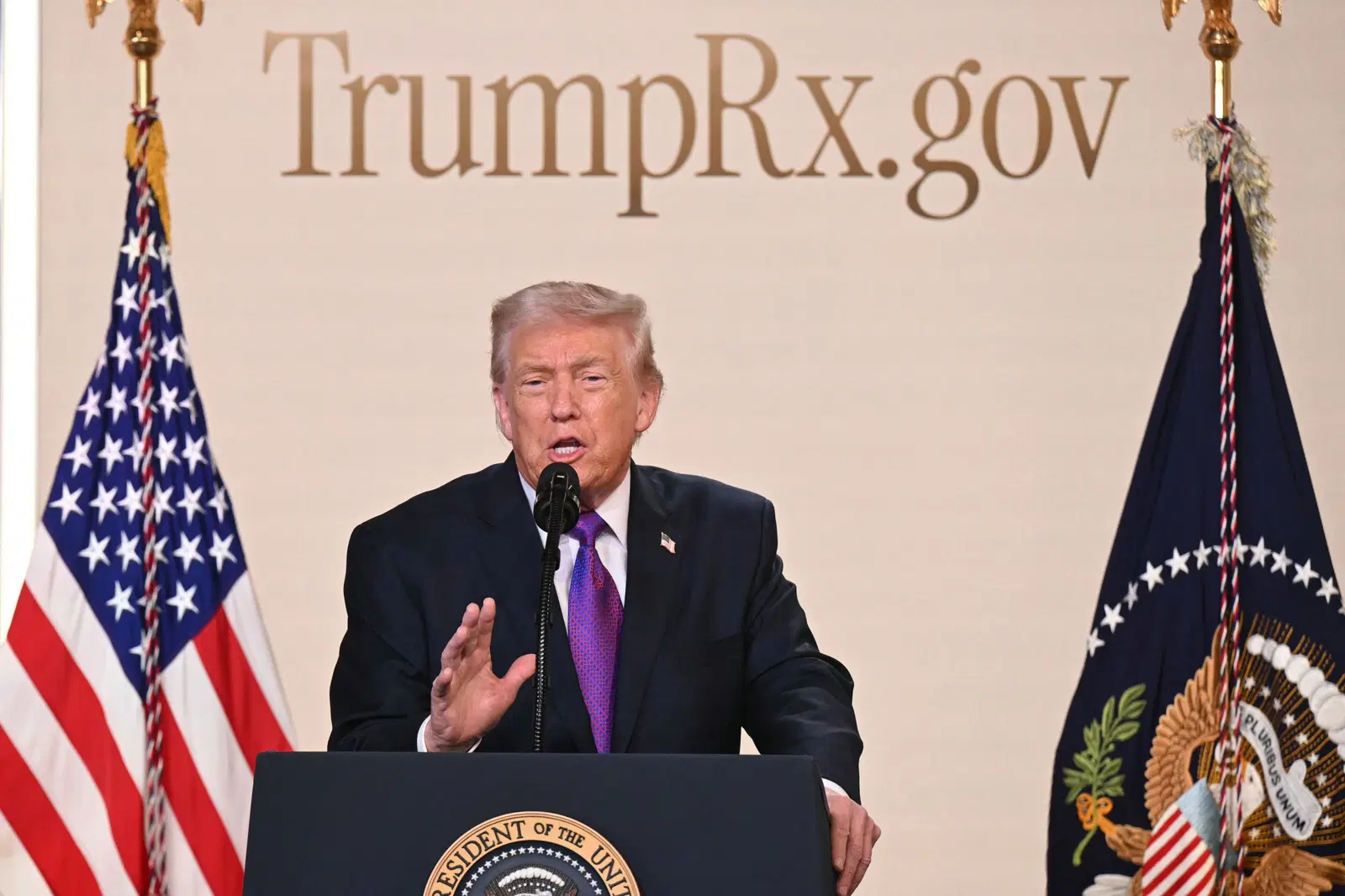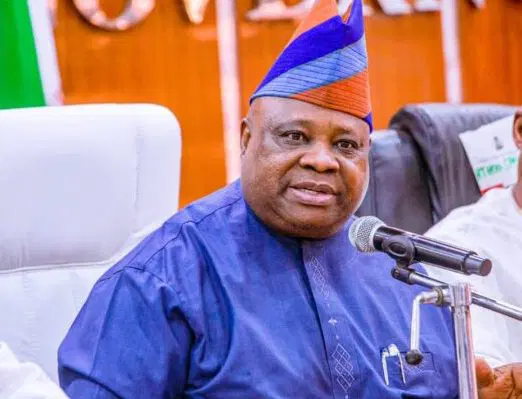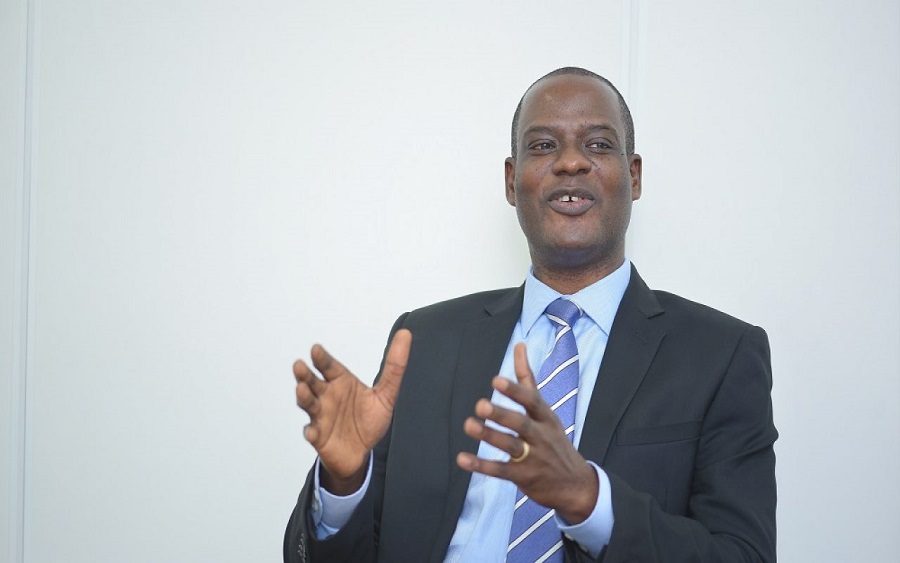The Chairman of Nigeria’s Presidential Fiscal Policy and Tax Reforms Committee, Taiwo Oyedele believes that Nigeria can greatly increase its revenue without imposing additional taxes.
Rather he suggests better tax administration and the use of technology to solve the anticipated N20 trillion tax shortfall.
This was disclosed in a live interview on Channels Television’s “Politics Today” on Friday.
Oyedele stated that the committee’s work focused on transformative budgetary reforms guided by evidence and broad participation.
He said “We’ve done a lot of work, quite extensive and far-reaching. We have consulted widely, including with governors, federal revenue services, and primary sector stakeholders.”
The Presidential Committee on Fiscal and Tax Reforms was set up to evaluate and reform Nigeria’s fiscal and tax policies with the goal of improving efficiency, increasing revenue, promoting economic growth, and reducing poverty.
The committee’s goals include evaluating tax laws, identifying new revenue sources, drafting a national fiscal policy, harmonizing tax policies, improving tax administration, increasing transparency, fostering economic diversification, and stimulating private sector investment.
The committee’s work is intended to result in a more effective fiscal and tax system, which will benefit Nigerians in general.
When comparing the pace of fiscal reforms to monetary policy, Oyedele stated, “Fiscal reform cannot be as rapid as monetary policy. It requires evidence-driven policies and extensive consultation to ensure accurate diagnosis and effective prescriptions.”
He also revealed that several recommendations, such as a new tax regime that provides assistance to small enterprises and reduces capital limits, have already been implemented.
When asked about growing revenue without raising taxes, Oyedele indicated hope.
“We have over 60 different taxes and levies but haven’t collected enough to adequately fund infrastructure like roads,” he noted.
“Instead of introducing new taxes, we advocate consolidating and harmonizing existing ones,” he added.
The committee’s recommendation are anticipated to move through other parliamentary processes in the coming weeks, paving the way for a comprehensive fiscal policy framework in Nigeria.











